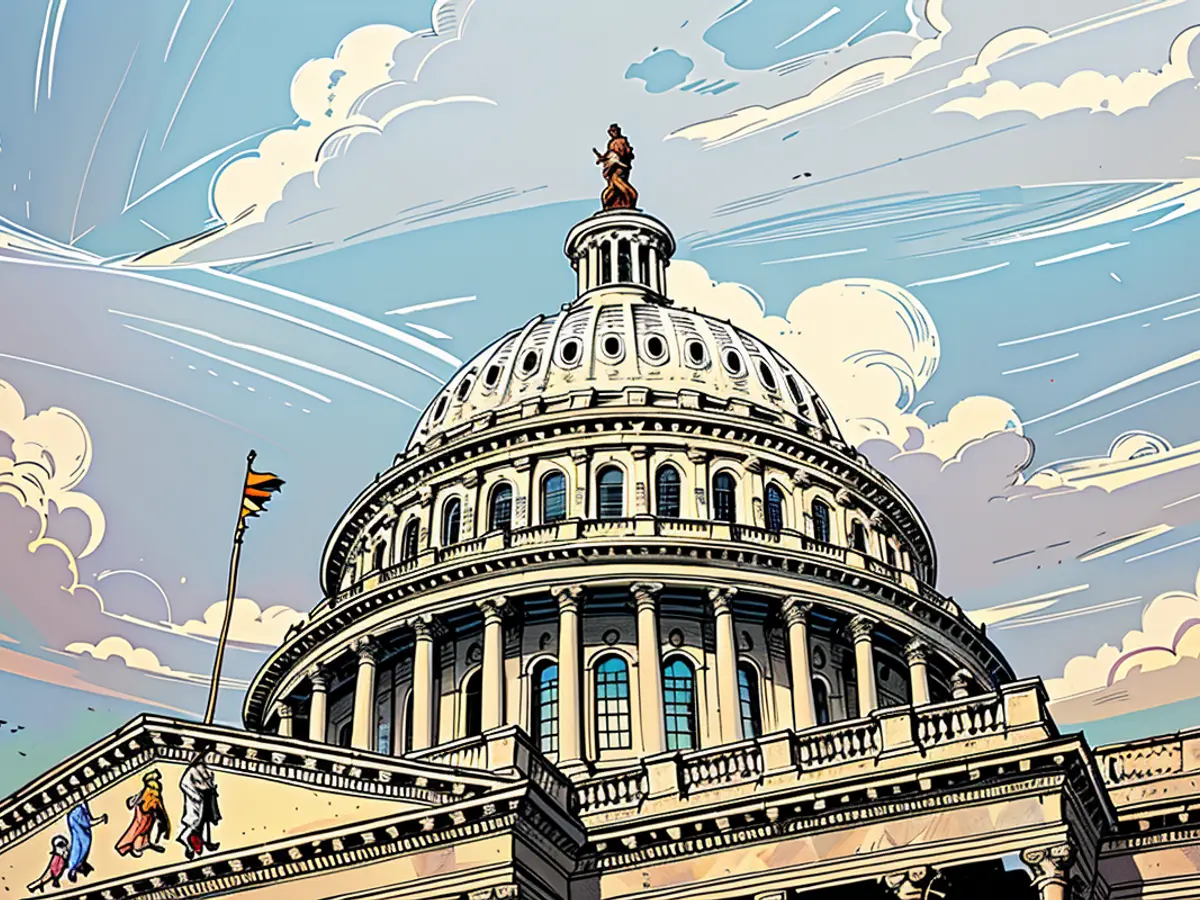AI's dangers are being recognized in Washington belatedly, around three years past the optimum time.
It appears that US lawmakers could consider regulating AI at a level similar to their strict oversight of substances like drugs or cigarettes, or even apps like TikTok. However, no bills regarding AI have been passed by Congress, and a bipartisan plan released last month is not guaranteed to be implemented during an election year. Perhaps not surprisingly, the understaffed and underfunded Federal Trade Commission and the Justice Department are trying to keep tech companies in check with enforcement measures.
Antitrust authorities at the FTC and the Justice Department are on the verge of reaching an agreement on how they will jointly regulate AI giants such as Microsoft, Google, Nvidia, and OpenAI. This suggests a comprehensive crackdown is imminent, yet it might not be swift enough. The AI revolution has already taken place, and it's galloping freely.
Nvidia, a little-known chipmaking company, recently entered the $3 trillion club, momentarily surpassing Apple as the second most valuable publicly traded company in the United States. Microsoft retains the top spot due to its investment in OpenAI, the company behind the popular ChatGPT.
This massive influx of money occurred due to Washington's largely inactive lawmakers. While European officials formalized the world's first standalone AI law this spring, five years after the proposal stage.
The financial aspect is essential. Previously, AI was primarily an academic subject discussed only within the confines of Silicon Valley. ChatGPT, developed by OpenAI, shattered this narrative, triggering a frenzy on Wall Street.
Currently, a group of current and former OpenAI employees are voicing concerns about the lack of government oversight. They warn that tech companies have motives to avoid effective regulation. Despite this potential issue, confidentiality agreements restrict employees from expressing their worries to anyone but the companies themselves.
Essentially, we're relying on the newly wealthy tech experts to govern themselves. Shouldn't be an issue, right?
In their open letter, the former employees expressed concerns, saying that AI corporations have financial incentives to avoid effective supervision. These companies, they argue, may not address these issues without government intervention.
Read also:
In light of the tech industry's rapid growth and significant financial gains, there's a growing need for regulations to ensure business ethics. For instance, tech companies like Microsoft and Nvidia, with their investments in AI and its applications, must operate responsibly within the business landscape.
The tech sector's expansion in business and finance has brought about new challenges, underscoring the importance of bilateral discussions between tech businesses and regulatory bodies to foster responsible tech development.








